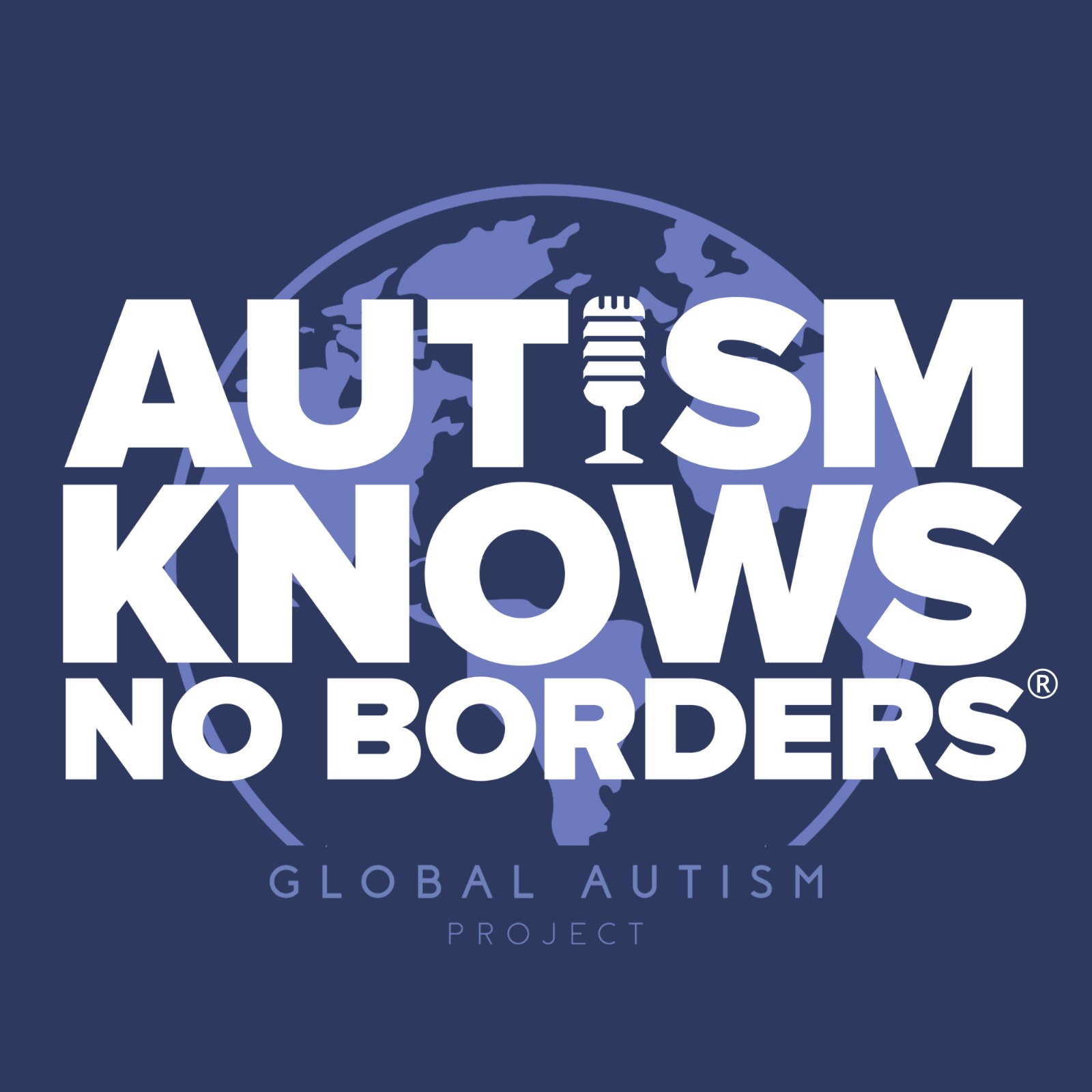Episodes

Thursday Apr 22, 2021
57. A Collectivist Approach to Services, with Mari Cerda
Thursday Apr 22, 2021
Thursday Apr 22, 2021
Discover what’s possible when values inform the method.
Mari Cerda is an Autistic Board Certified Behavior Analyst who consults with teachers and schools to provide professional development training on various neurodiversity-affirming topics. She is also completing her doctoral program at Texas Tech University.
As a Latina Mestiza, Mari is passionate about supporting displaced migrant families and their children with disabilities who enter the school system. She is the co-founder of The LEAP Institute, a non-profit whose mission is to increase equitable access for marginalized groups entering into the field of applied behavior analysis, or ABA. Through her Instagram account @the.blingual.bcba, Mari hopes to educate and mediate between the worlds of autism and ABA.
In this conversation, we discuss:
- Mari’s process of discovering and accepting her late diagnosis
- How autism is understood in Native and Latinx cultures
- The intersectionality of neurodiversity and race
- Her collectivist approach to providing services
- Ideas to bridge the divide between the Autistic community and ABA
Before we get into the interview, I’d like to clarify a couple of terms that came up in case you’re not familiar with them. The first one is “ableism,” which is discrimination or social prejudice against people with disabilities based on the belief that typical abilities are superior. Ableism can manifest as an attitude, stereotype, or offensive comment or behavior.
The second term is “extinction-based,” which refers to an ABA strategy used to reduce unwanted behaviors. For example, imagine a child is screaming because they want a piece of chocolate. We could give the child some chocolate so they would stop screaming, but that could actually have the opposite effect, leading the child to scream every time they want chocolate. In contrast, an extinction-based procedure would entail not giving the child any chocolate when they are screaming in order to reduce that behavior. Extinction-based procedures are controversial because they can be traumatic for learners. Side effects may include anger, frustration, and in some cases even depression.
I truly believe that, when implemented with a compassionate, client-centered approach, the science of ABA can help individuals reach goals that will enable them to live fulfilling lives. We have a lot of unlearning to do as a field, and we need guidance from autistic voices to ensure that our services are in line with neurodivergent values.
Are you a self-advocate willing to share your experiences and educate others? Are you a professional seeking to hear directly from autistic voices and improve your practice? Are you a family member hoping to support and empower your loved one? Join our Global Autism Community to connect and collaborate with people all over the world.
We already have a growing number of members with different roles related to autism getting to know each other and engaging in these important conversations.
You can sign up today at community.globalautismproject.org. Let’s work together to transform how the world relates to autism.
Resources:
We appreciate your time. If you enjoy this podcast and you’d like to support our mission, please take just a few seconds to share it with one person who you think will find value in it too.
Follow us on Instagram: @autismpodcast
Join our community on Mighty Networks: Global Autism Community
Subscribe to our YouTube channel: Global Autism Project
We would love to hear your feedback about the show. Please fill out this short survey to let us know your thoughts: Listener Survey.


Comments (0)
To leave or reply to comments, please download free Podbean or
No Comments
To leave or reply to comments,
please download free Podbean App.